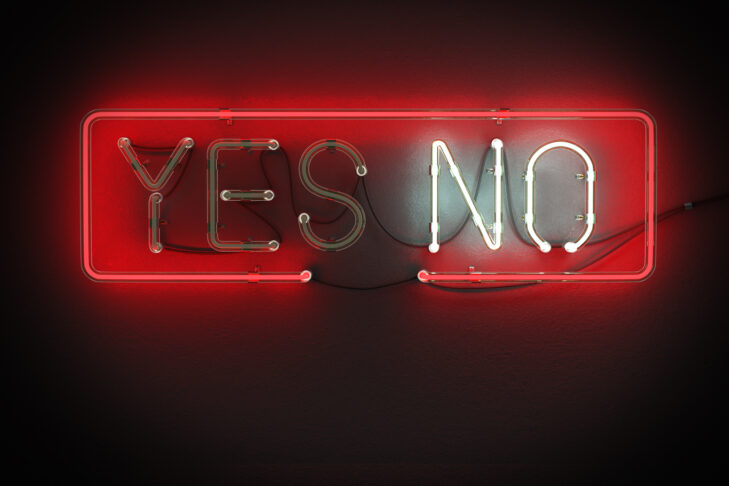In the first recorded instance of an invertebrate growing a spine, ex-Breitbart writer Milo Yiannopoulos released audio of prominent neo-Nazi Richard Spencer railing against Jewish and black people in a slur-filled rant. Spencer is best known as the face of the “alt-right” and for becoming 2017’s best meme when a masked figure decked him in the face during a televised interview. These events led to a serious debate about the morality of responding to Nazi violence with violence, beautifully summed up in comedian Aamer Rahman’s bit about “the marketplace of ideas.”
“When did you become a volunteer Nazi safety advocate?” Rahman asks of those who argued for Spencer’s right to spout his antisemitism on national television. Spencer argued for several years against the categorization of “Nazi,” preferring to rebrand himself and his followers as a less knee-jerk term, but the issue remains. A fancy name and a cheap suit does not turn a Nazi into something else, and with the emergence of Spencer’s rant, is it finally time to fight back with more than words?
For historical context, let us return to World War II and the rise of Nazis within Germany. A common misconception is that Jewish people did not fight back against the Nazis, which is patently untrue. Ghetto uprisings were common before the opening of the camps, and Jewish people battled the Nazis during every stage of the war. One example is Hannah Szenes, a Jewish poet and special operations executive who parachuted into Yugoslavia to rescue Hungarian Jews from deportation to Auschwitz.
In his book, “The Holocaust: The Human Tragedy,” Martin Gilbert outlines Jewish rebellion: “In every ghetto, in every deportation train, in every labor camp, even in the death camps, the will to resist was strong, and took many forms. Fighting with the few weapons that would be found, individual acts of defiance and protest, the courage of obtaining food and water under the threat of death, the superiority of refusing to allow the Germans their final wish to gloat over panic and despair.”
But the battle began before all this, before the Nazis rose to power and enacted their vile plots. Jewish people pushed back against antisemitic propaganda, distributed literature and spoke out against the cancer that had infected their countries and communities. They did not wait for the violence, the pogroms, the camps. They did not argue with fascists in the marketplace of ideas. They did not invite Nazis into their homes or their conversations.
Now, some people argue that Richard Spencer has a right to his hate speech under the First Amendment, but again, the question: Why are they protecting a Nazi? Why value hate speech over actual human lives? And while Spencer may be able to say what he wants, the First Amendment cannot protect him from those around him, particularly concerning his current remarks. We as a community need to make it clear that such speech is unacceptable toward us and toward other minority groups. As someone who has been described as “mouthy,” “combative” and “a pleasure to have in class,” I cannot imagine a scenario in which Richard Spencer refers to me with a slur that does not end with him looking up at me, rather than the other way around.



